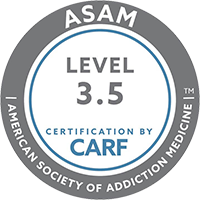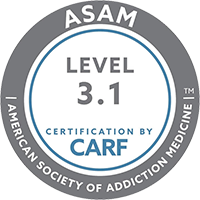
By Rich Goddard, LPCC
June is PTSD Awareness Month. Post Traumatic Stress Disorder affects six out of 100 people. More than 12,000,000 adults suffer from the disease daily. Here is what you need to know about the disease and how you can get help if you or someone you know suffers from Post Traumatic Stress Syndrome (PTSD).
What is PTSD and how does it work?
Trauma is complex but involves the nervous system. When trauma is triggered, rational thinking is difficult and can be nearly impossible. The Amygdala is the neuron control command center for fear. Traumatic memories from the Hippocampus are presented for processing from triggers. The rational “Everything is OK” goes to the pre-frontal cortex part of the brain and becomes overwhelmed by Amygdala. This can oftentimes result in the person reliving the particular experience. This pathway for the trauma response is rapid and overpowers the rational brain.
PTSD is not always related to war trauma
PTSD is commonly related to someone who has been involved in some type of trauma involving military service. However, data shows that it can also be caused by:
- Sexual trauma
- Domestic violence
- Homelessness
- Watching a friend or relative overdose
- Feeling helpless
- Motor vehicle crashes
- Working in a hospital, ems, recovery, or pastoral care
- Divorce or abandonment
The four R’s of trauma
- Realize the impact of trauma across the organization.
- Recognize signs and symptoms might be different for each person.
- Respond with empathy and understanding.
- Resist retraumatization by providing a safe and quiet place to begin healing.
What you can do to help someone with PTSD
- Provide care by meeting people’s basic needs upon food, hydration, and safety.
- Provide listening ears and allow others to move forward at their own pace.
- Provide self-care for yourself to prevent vicarious trauma exposure.
- Quiet, safe spaces and group guidelines to prevent retraumatization.
- Promote Awareness by wearing teal shirts and ribbons during the month of June.
- Promote grounding and mindfulness exercises in groups and sessions.


